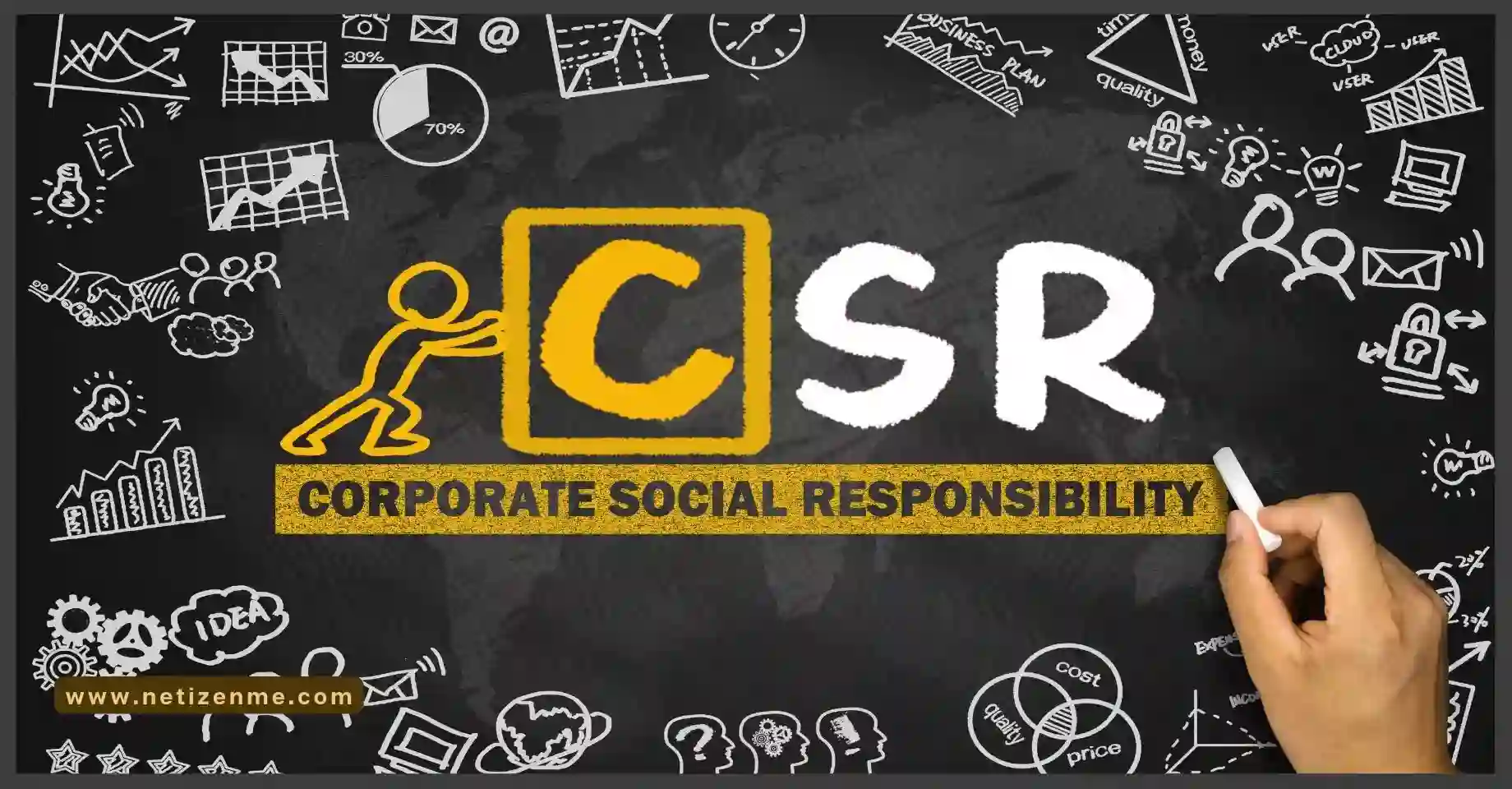What are the steps to changing the way operations are executed in organizations to coincide with the concept of sustainability, ethics, and corporate responsibility?
In today’s rapidly evolving business landscape, organizations increasingly recognize the importance of aligning their operations with sustainability, ethics, and corporate responsibility principles. From reducing environmental impact to fostering inclusive workplaces, businesses are increasingly obligated to prioritize social and environmental considerations alongside financial performance. In this article, we’ll explore how organizations can change how they execute operations, embracing sustainability, ethics, and corporate responsibility as guiding principles.
A Guide to Sustainable, Ethical, and Responsible Practices
Redefining Goals and Objectives:
The first step in transforming operations is to redefine organizational goals and objectives. This involves articulating a clear vision and mission statement that prioritizes social and environmental outcomes alongside financial success. By embedding these principles into the core of the organization’s strategic framework, businesses can ensure that sustainability and responsibility are integral to decision-making at all levels.
Conducting a Comprehensive Assessment:
Next, organizations should conduct a comprehensive assessment of their current operations. This is to identify areas for improvement and opportunities to align with sustainability and ethical principles. This may involve evaluating supply chain practices, energy consumption, waste management processes, and workforce diversity and inclusion initiatives. By thoroughly understanding existing practices and their associated impacts, businesses can develop targeted strategies for improvement.
Implementing Sustainable Practices:
Once areas for improvement have been identified, organizations can begin implementing sustainable practices across their operations. These may include adopting renewable energy sources, reducing waste through recycling and resource conservation measures, and implementing green procurement policies to support environmentally friendly suppliers. Additionally, organizations can explore opportunities to optimize transportation and logistics networks to minimize carbon emissions and environmental impact.
Fostering Ethical Workplaces:
Creating an ethical workplace culture is essential for promoting corporate responsibility and ensuring that employees are empowered to make ethical decisions in their day-to-day activities. This involves establishing clear codes of conduct and ethics policies, providing regular training and education on ethical practices, and fostering open communication channels for reporting unethical behavior. Organizations can build trust with stakeholders and enhance their reputation as responsible corporate citizens by prioritizing ethics and integrity.
Engaging Stakeholders:
Engaging stakeholders, including employees, customers, suppliers, and the broader community, is crucial. It drives meaningful change and garners support for sustainability and corporate responsibility initiatives. Organizations can involve stakeholders in decision-making processes, seek feedback on sustainability initiatives, and collaborate with external partners to address shared challenges. Businesses can build strong relationships with stakeholders by fostering a culture of collaboration and transparency. This allows them to leverage their collective expertise to drive positive outcomes.
Measuring and Reporting Progress:
Organizations should establish robust monitoring and reporting mechanisms to ensure accountability and track progress toward sustainability and corporate responsibility goals. They may implement key performance indicators (KPIs) to measure environmental and social impact to achieve this. It also involves conducting regular audits to assess compliance with ethical standards. Additionally, publishing annual sustainability reports to communicate progress to stakeholders is essential. By measuring and reporting on their performance, organizations can demonstrate transparency and accountability and identify areas for further improvement.
Should the way operations are executed in organizations be changed to coincide with the concepts of sustainability, ethics, and corporate responsibility?
In conclusion, transforming operations to align with sustainability, ethics, and corporate responsibility requires a concerted effort and commitment from organizations across all sectors. Businesses can make meaningful strides toward creating a more sustainable and responsible future by redefining goals, conducting comprehensive assessments, implementing sustainable practices, fostering ethical workplaces, engaging stakeholders, and measuring progress. Through collective action and collaboration, we can build a world where businesses thrive financially and contribute positively to society and the environment.
Sources on how to help organizations to coincide with the concept of sustainability
Adda, G., Azigwe, J. B., & Awuni, A. R. (2016). BUSINESS ETHICS AND CORPORATE SOCIAL RESPONSIBILITY FOR BUSINESS. https://www.eajournals.org/wp-content/uploads/Business-ethics-and-corporate-social-responsibility-for-business-success-and-growth.pdf
BDC. (n.d.). 7 tips for putting corporate responsibility at the heart of your business: https://www.bdc.ca/en/articles-tools/business-strategy-planning/manage-business/corporate-responsibility-7-key-steps
Newlands, M. (2017). How to Incorporate Corporate Social Responsibility Into Your Business: https://www.americanexpress.com/en-us/business/trends-and-insights/articles/incorporate-corporate-social-responsibility-business/
press, T. N. (1997). Enhancing Organizational Performance. https://www.nap.edu/read/5128/chapter/3
Smart, V., Barman, T., & Gunasekera, N. (2010). Incorporating ethics into strategy: developing sustainable business models: https://www.cimaglobal.com/Documents/Professional%20ethics%20docs/Incorporatingethicsintostrategyweb1.pdf
This article is written by:
Our professional writers and editors are passionate about sharing high-quality information and insights with our audience. We conduct diligent research, maintain fact-checking protocols, and prioritize accuracy and integrity to the best of our capacity.
You can cite our articles under the author name "Netizenme"


